The proposal was made by Ivan Demchenko, owner of the Novostal-M holding, at a meeting with Deputy Prime Minister Alexander Novak, which took place as part of the Delovaya Rossiya week at the end of March.
"I asked about supporting electrometallurgy, one of the most environmentally friendly ways of producing steel. Now these enterprises, unlike mining companies, do not receive natural rent, but pay excise tax on liquid steel, although our profitability in the industry is 2-3 times lower. In 2024, the production of electrosteel fell by 7%"
The abolition of the excise tax on liquid steel for electrometallurgists will help avoid bankruptcy of enterprises in the context of a sharp decline in demand for metal products on the domestic and global markets, a source in the industry familiar with Demchenko's arguments told. The companies will be able to use the freed-up funds for investment projects, reducing the attraction of bank loans.
In the summer of 2024, Demchenko said that Novostal-M had reduced steel production, replacing it with semi-finished products, including due to the burden of excise taxes.
“Today, it is more profitable for us to buy steel blanks from our partners than scrap metal,” he said, explaining that this allows the company to avoid paying excise tax on steel.
The rate for steel from electric furnaces is 0.3 of the difference between the average export price for billets, determined on FOB delivery terms in the ports of the Southern Federal District, and the selling price of steel scrap in the Ural Federal District, as well as half the costs of purchasing ferroalloys and alloying elements used to produce metallurgical products. The spread between the cost of the blank and the prices for scrap, at which the excise tax applies, is 12,500 rubles. If the excise tax on electric steel is more than 1 thousand rubles, the excise tax rate in such a tax period is taken to be equal to 1 thousand rubles.


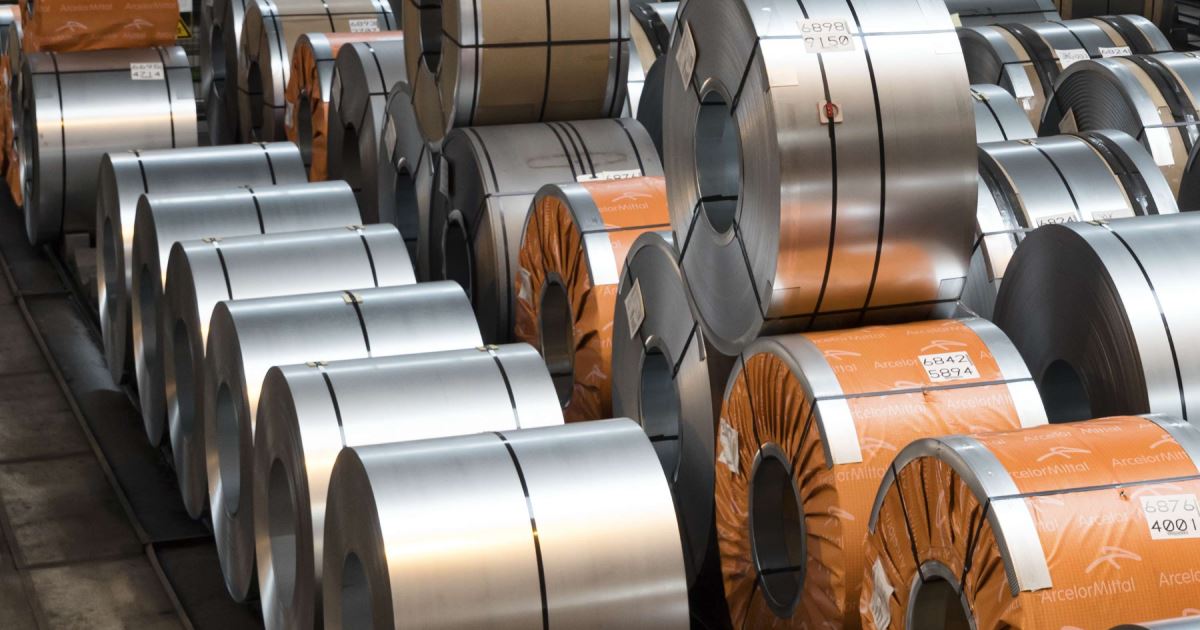

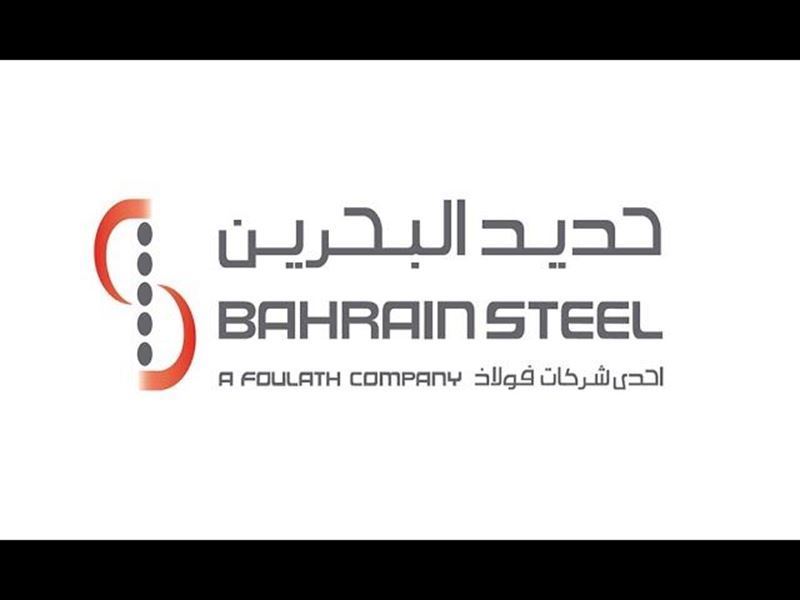
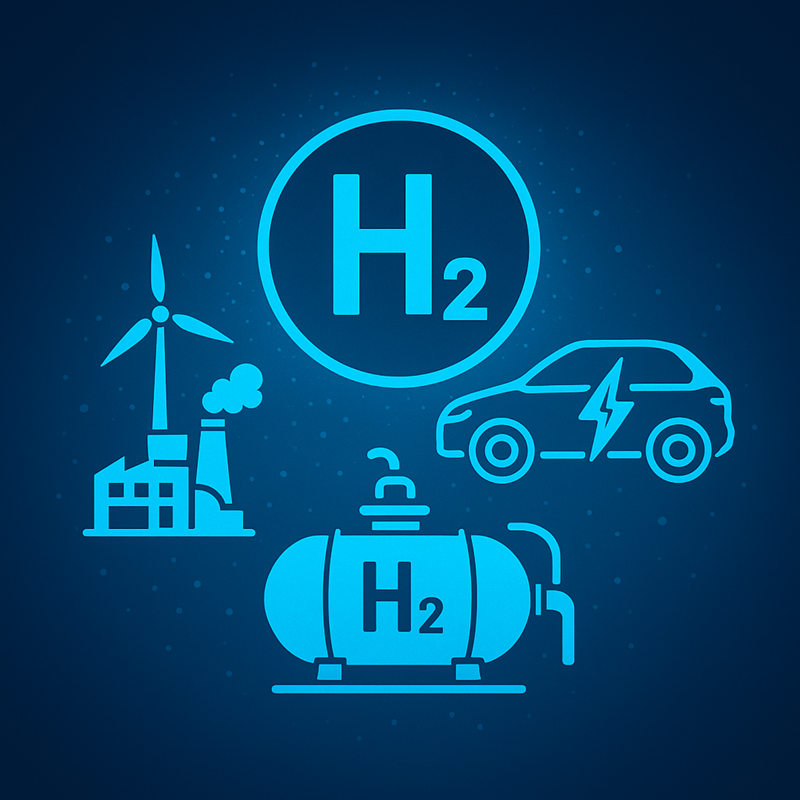

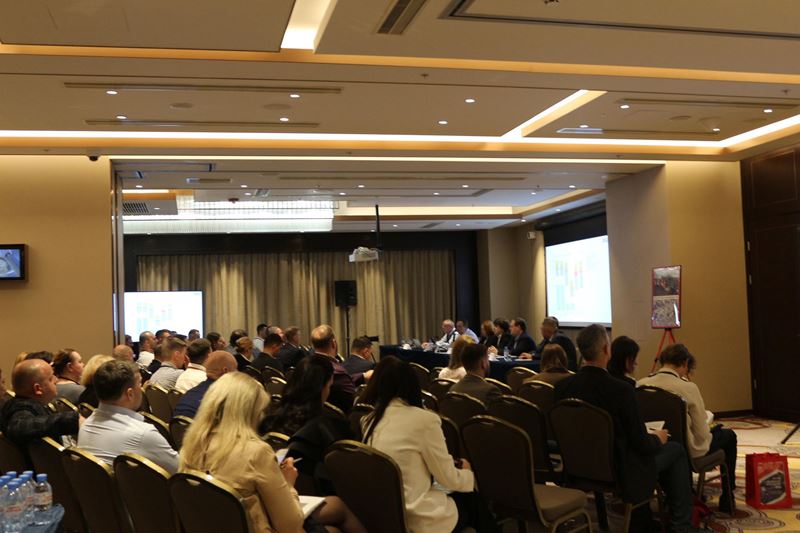
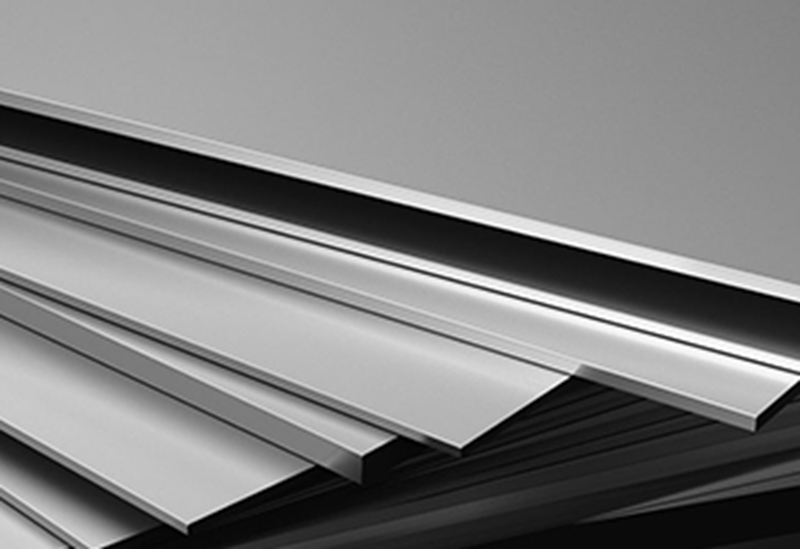


Comments
No comment yet.